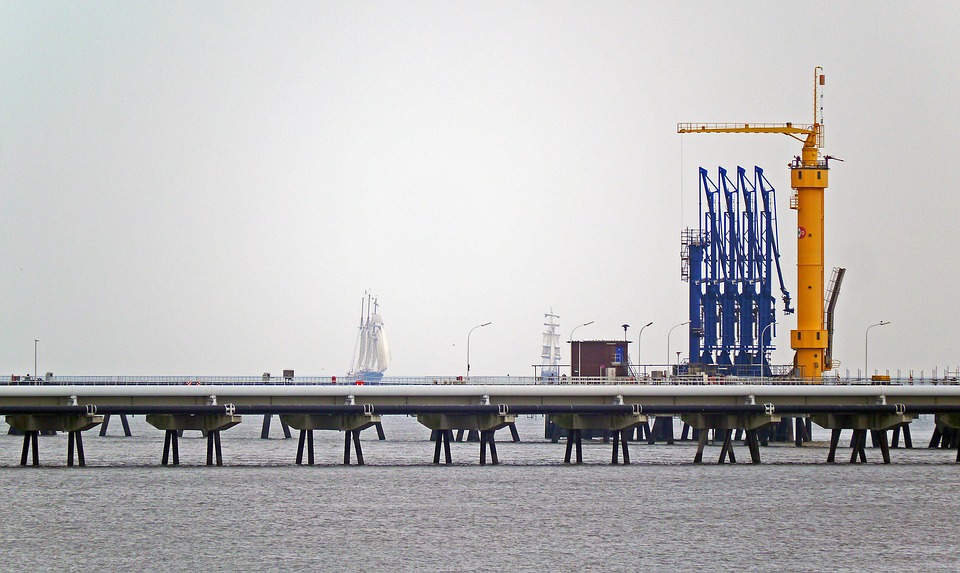Oil has become unglued from strong demand and tight supply figures as global stock markets shake with fear. Great earnings from oil companies like ConocoPhillips don’t matter after Amazon misses, raising fears about a global economic slowdown. Oil prices are still being weighed down by stock market worries and get little help from bullish oil data and bullish news stories. Not only did you have Saudi Arabia backtrack from their “pump all you can” policy, but you also had great earnings from energy companies and as of right now that does not even matter. You even have a report that the Chinese Government is telling China oil companies to stop buying oil from Iran, at least temporarily, because they want to use it as a barging chip in U.S. trade negotiations with the United States.

Maybe Amazon should get in the oil and refining business. ConocoPhillips’ earnings quadrupled as third-quarter earnings came in at 1.9 billion, or 1.59 per share, up from $400 million, or US 0.34 per share, compared to earnings for the third quarter of last year. Yet, while oil companies are finally starting to prosper, the sharp crude oil price drop may cause many to rein in spending plans.
The sharp crude oil price drop caused Saudi Arabia to think twice about raising oil output. OilPrice reported that Saudi Arabia’s Energy Minister Khalid al-Falih told state TV channel al-Ekhbariya as quoted by Reuters, to offset recent increases. “We (have) entered the stage of worrying this increase,” the official said, adding any reduction in supply would go towards ensuring the stability accomplished because of the OPEC+ production-cutting pact sealed at the end of 2016. The minister’s remarks are somewhat surprising as they come amid worry about a loss of supply from Iran once U.S. sanctions enter effect next month. However, there has also been new concern among market players: that global economic growth may be slowing down and will continue to slow down, ultimately hurting oil demand. What makes the comments confusing, however, is the fact they come on the heels of earlier statements by Falih that Saudi Arabia is ready to increase production to up to 12 million bpd and invest in boosting its spare capacity.











Leave A Comment